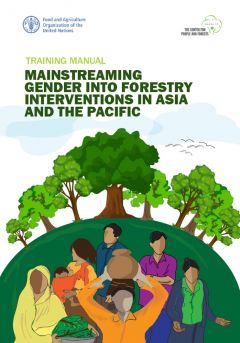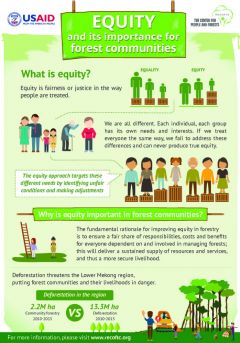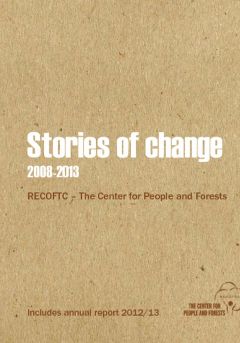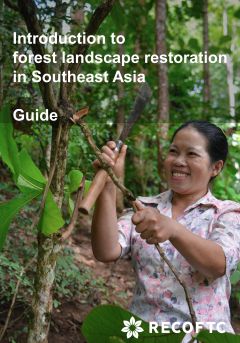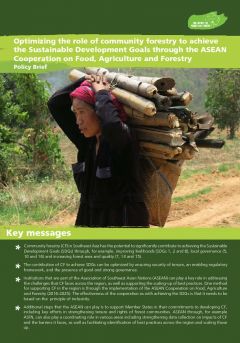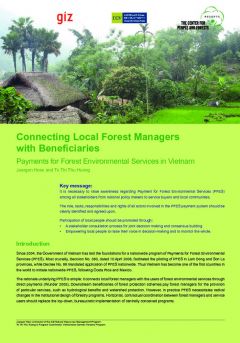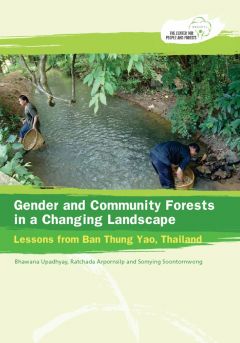Mainstreaming Gender into Forestry Interventions in Asia and the Pacific
This training manual has thus been developed to enhance the knowledge and skills in gender mainstreaming, including gender analysis and the integration of the findings from the analysis into the design of forestry interventions. This manual is particularly relevant for forestry-related interventions and practices that seek to promote participation and reduce the inequality that exists between forestdependent women and men, especially among marginalized people living in rural areas.

